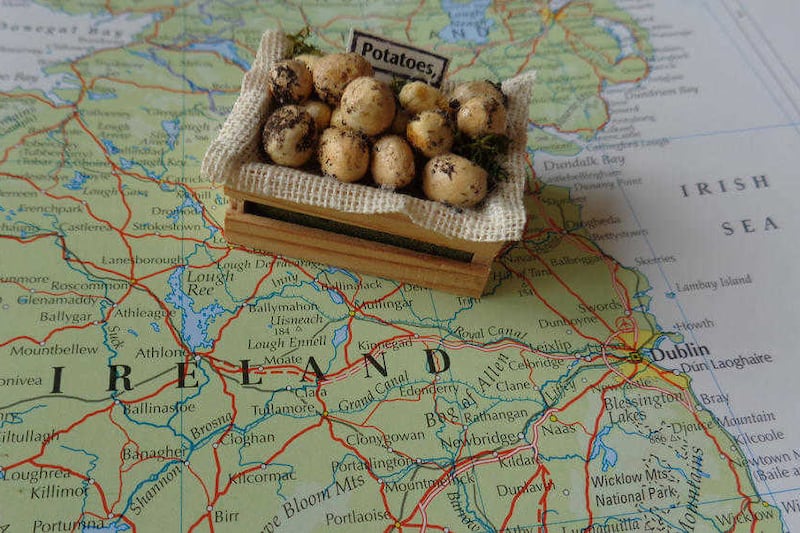AN Irish industry body has warned that a no-deal Brexit would be disastrous for the for the all-island drinks sector.
The Alcohol Beverage Federation of Ireland (AFBI) has said that such a scenario would result in the delay and disruption of 23,000 cross-border truck movements, apply unnecessary tariffs on cross-border supply chains and put €364 million worth of trade between the UK and Ireland at risk.
In advance of this week’s crunch EU summit, ABFI has published a new position paper: “Brexit and the Irish drinks industry - Priorities for the future relationship.” The paper outlines the potential consequences of a ‘No Deal’ Brexit.
Concerns relate to a lack of continuity in access for Northern Irish producers to global free trade opportunities as well as regulatory and customs checks at the Irish border and the requirement for up-front VAT payments on cross-border trade.
Other issues raised include the potential for immediate tariffs on barley, malt, glass bottles, apples, finished cider and other supply chain inputs and a lack of continuity in legal protection for Irish cross-border geographic indications for Irish Whiskey, Irish Cream Liqueur and Irish Poitín in Northern Ireland and the UK
Director of AFNI, Patricia Callan said a no-deal Brexit could be "highly disruptive" for the Irish drinks industry.
"We would urge all parties to seek to ensure that a withdrawal agreement is concluded and that a ‘no-deal’ Brexit is avoided. We want to see clear, robust provisions to safeguard the all-island economy and to avoid a hard border on the island of Ireland.”
“In terms of EU-UK trade, the economic interests of both the EU and the UK would be best served by the UK remaining in a customs union with the EU. If this cannot be achieved, then a comprehensive alternative approach must be put in place. A fall-back to EU external tariffs or WTO rates must be avoided," she said.
The new ABFI paper outlines that global drinks exports from the island of Ireland were valued at €1.6bn in 2017. The aggregate value of trade in drinks products between the UK and Ireland was €364m, one third of which, (€121 million) was the aggregate value of north-south trade. The UK remains the dominant market for Irish beer (71 per cent) and cider (85 per cent).
The ABFI paper highlights how the Irish drinks industry operates on an all-island basis with seamless cross-border supply chains. In total the Irish drinks industry carries-out over 23,000 truck movements across the Irish border every year, over 5,000 of which are alcohol tanker-movements.
“The Irish drinks industry is clear in our desire to avoid a hard border and for seamless alignment between the EU and the UK - particularly between Ireland and Northern Ireland - on regulation, VAT, and excise. Checks at border points could add an additional hour or €100 per truck movement to costs."
“We also need to avoid divergence on VAT. Drinks producers in border counties have, at any one time, up to 40 ‘live’ suppliers on the other side of the border. If there was to be no Brexit agreement on VAT, then, for the first time since 1993, an import VAT charge could become payable up-front at the point of importation resulting in significant cash flow disruption and increased administration costs," she added.







